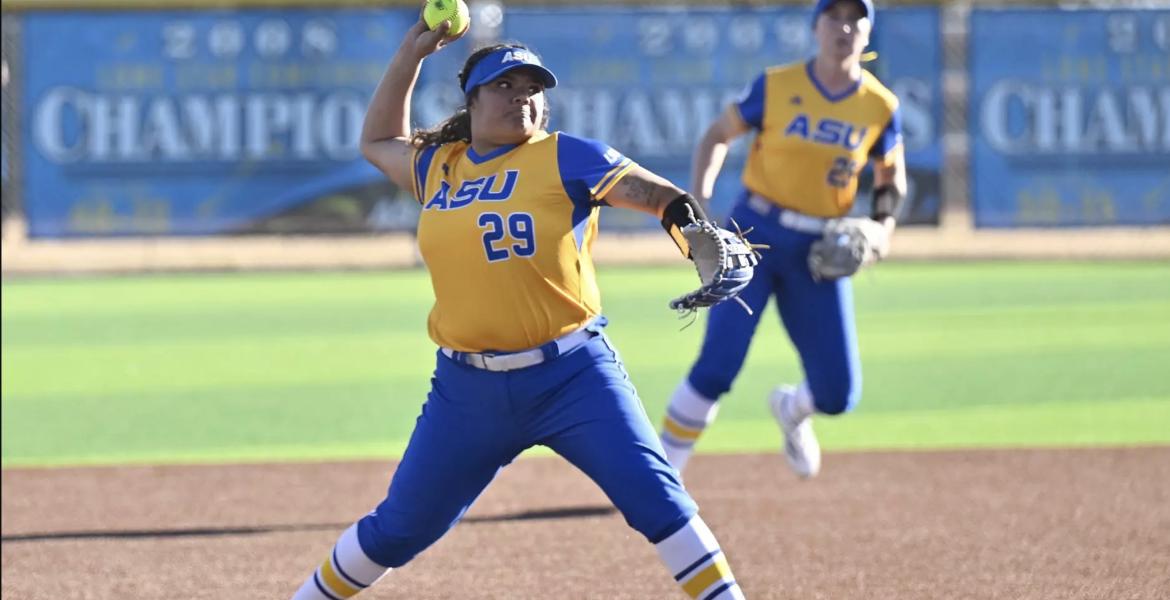AUSTIN, TX -- Washington State University football coach Mike Leach was preparing for a game against the University of Colorado two weeks ago when another foe leapt into his mind.
“They are outright crooks at Texas Tech,” the coach declared about 15 minutes into his weekly press conference, referencing the school where he worked before going to Washington State. “Are there crooks there? Yeah. I mean, like, felons. They ought to put them in jail.”
Leach was fired by Texas Tech University nearly eight years ago. But his outburst against his former employer surprised no one. Ever since he left, he has been waging a fight to get more than $2 million he believes Tech owes him from his coaching tenure. He has taken that fight to court, the Texas Capitol and to social media. But so far, state law has left him helpless in the quest to get the money he thinks he’s owed.
He has been stymied by Texas law, which protects the state and its entities from lawsuits — even if the entity violates a contract. So with the legal route blocked, he has turned his focus in recent months to shifting public opinion against Tech and the law that is protecting it.
About six weeks ago, he hired a former Houston investigative television reporter, Wayne Dolcefino, to try to dig up dirt and increase public pressure on Tech.
“Mike Leach went through the legal system, and he got shafted because there is a law that protects Texas Tech — that allows them to cheat someone out of a contract,” Dolcefino said last week. “The sad thing about that is I am sure it happens throughout the state. We have a law that allows the government to totally screw you around and get away with it.”
Whether Leach actually got screwed is a question that remains hotly debated. Leach was relieved of his duties in the final days of 2009 — right before a longevity clause on his contract kicked in that would have paid him $800,000. He had been arguably the most successful football coach in Tech history and was a hero to many students and alumni because of his eccentricity and innovative play-calling. His postgame press conferences were legendary, as he was known to indulge reporters in chats on his obsessions like pirates and the artist Jackson Pollock.
School officials said at the time that allegations of mistreating players and “insubordination” gave the school little choice but to fire him. His removal had been set in motion a few weeks earlier when the family of wide receiver Adam James complained that James was told to sit in a dark closet while suffering from concussion symptoms.
‘The facts and circumstances that led to his termination for cause are clear,” the school said in a statement. “He admittedly ordered that a student-athlete with a concussion be placed in a darkened area — not an athletic training area — and forced to stand. This occurred on two occasions.”
Leach and his supporters, meanwhile, argue that he was actually fired over personality conflicts with Tech’s leadership at the time, which they say were stoked during a tense contract negotiation from months earlier. Most of those leaders have since departed Tech — the school has had turnover at president and chancellor positions since Leach left.
The distinction mattered. Leach’s new contract had a five-year term, and it promised him $400,000 for each remaining year if he were fired before it ran out. But the buyout only kicked in if he were fired “without cause” — basically if he hadn’t done anything wrong but lose football games. The school fired him “with cause,” however, so it claimed it didn’t have to pay him the $1.6 million it would have otherwise owed him.
Leach was outraged and demanded that buyout money, plus the $800,000 he would have received if he had stayed on as coach for one more day. But he soon found there was little he could do. He tried to take the school to court, but his lawsuit was tossed out due to “sovereign immunity,” the legal concept that protects the state from lawsuits. The concept stems from the idea that the state wouldn’t be able to conduct its necessary business if the threat of lawsuits was constantly hanging over its head. The concept isn’t unusual — the federal government is also protected by sovereign immunity. But Texas’ sovereign immunity provision is particularly strong and applies to lawsuits over government contracts as well.
Leach's frustration is not unusual, said Michael Shaunessy, an Austin attorney with experience suing and representing government entities and who trains lawyers across the state on sovereign immunity. The immunity does serve an important purpose, Shaunessy said, but also leaves contractors vulnerable if their interpretation of the contract differs from that of the state.
“It adversely affects people’s willingness to do business with the state of Texas,” he said. “I have clients who charge more when they are doing work for a government entity in Texas.”
Still, he said, he doesn’t have that much sympathy for Leach, who makes about $3 million per year as Washington State’s coach. (Washington State has traditionally been a bottom-dweller in the Pac 12 Conference, but has a strong 7-2 record under Leach this year.)
“If we are going to make a change about sovereign immunity on the contract side, we need to do that because it has a greater impact on businesses that do business with the state — and the impact it has on the state,” Shaunessy said. “To get into it over Mike Leach just doesn’t make sense to me.”
Leach has shown no sign of giving up. In 2011, with the pro bono help of a leading Austin lobbyist, he urged lawmakers to pass a bill that would have allowed him to sue Tech. A sympathetic House member, Rep. Craig Eiland, D-Galveston, filed a bill on his behalf, but it never made it out of the House Judiciary and Civil Jurisprudence Committee.
Eiland and Leach then enlisted two other House members to ask for then-Attorney General Greg Abbott’s opinion about whether Leach should be allowed to sue, but they didn’t make any progress on that front.
Now, Leach is making a public relations push. Dolcefino recently launched a website, paycoachleach.com, that features a petition signed by about 1,800 people and background information on sovereign immunity. The site compares Texas’ sovereign immunity to laws in oppressive regimes like North Korea, Iran and Syria.
Dolcefino also hosted a rally outside a recent Tech home football game, giving out balloons and urging people to visit the website. And he has submitted multiple open records requests to the university in search of evidence of waste, abuse or fraud at the school. The goal, Dolcefino said, is to put so much pressure on Tech that it simply decides to pay Leach the money he believes he is owed.
Tech has expressed no interest in reopening the discussion, saying in its statement that “the courts decided this case years ago, and there is nothing more to add.” But Dolcefino said he is just getting started.
“Mike Leach is not the kind of guy who surrenders,” Dolcefino said.
Disclosure: Texas Tech University has been a financial supporter of The Texas Tribune. A complete list of Tribune donors and sponsors can be viewed here.
This article originally appeared in The Texas Tribune HERE.
Subscribe to the LIVE! Daily
Required






Comments
Listed By: Paul Samson
Ah yes Wanye Dolcefino, the one who gave Anthony Wilson and Dwain Morrison the business over the trash contract, and rightfully so
- Log in or register to post comments
PermalinkPost a comment to this article here: